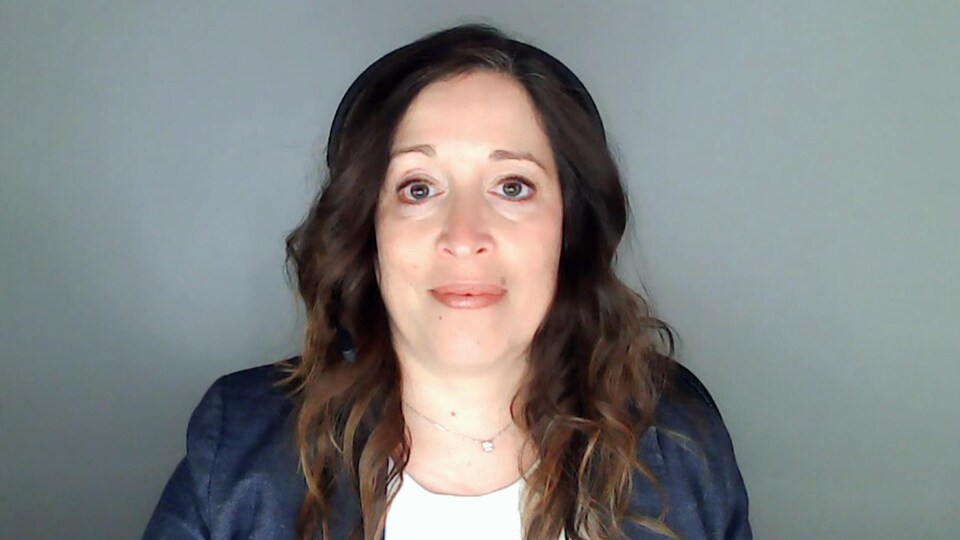Even the youngest can suffer from mental health problems, a problem that can have effects over several years and which must be addressed, warned the Observatoire des tout-petits on the occasion of the week of Quebec of Mental Health.
Approximately half of the mental health illnesses that affect the youngest will continue during childhood if left untreated.
Although much has been said about the impact of pandemics and health measures on the mental health of children, adolescents and adults, the mental health of toddlers has received little attention.
” We don’t think that’s possible. We told ourselves my God, at that age, they were too young to experience this problem. However, this is not the case. “
The frequency of mental health disorders in toddlers is comparable to that observed in school -age children, according to the Observatory. The situation is further exacerbated by the social isolation of families, the stress associated with the pandemic, the many unexpected changes in the lives of toddlers and the problems with access to mental health resources.
Mental health problems that affect children can be more difficult to diagnose, especially since children are often not yet able to express themselves clearly. Even parents may have a hard time recognizing a whim in a more serious situation.
Therefore, there is a risk that the rare data available on this topic will underestimate the true extent of the problem, as many health professionals would prefer to wait until school starts before going there for evaluation. .
What studies in some countries have commented on is an increase in children’s anxiety and depressive symptoms, an increase in behavior problems, a decrease in children’s attention span and a decrease in the quantity and quality of sleep.listed with Ms. Dagenais.
” So all of that can be ways in which mental health issues are expressed in toddlers. “
A survey conducted by Léger for the Observatoire des tout-petits in the fall of 2020 revealed that more than half of parents thought the pandemic had had a negative impact on their children. Between 35 and 40% of participants testified, for example, to children being more irritable, more angry and more restless than before the pandemic.
To avoid
Rapidly identifying delays and interventions in the first five years of a child’s life has a positive impact on their overall development, educational success, health and well-being. These positive effects will be felt up to 30 years after the implementation of the intervention, the Observatory warned in a press release.
” What is important to understand is that children’s mental health is formed through interaction with the people around them. “
The increase in mental health problems in toddlers includes the financial stress that some parents experience, he recalls.
If we want to avoid mental health problems, he continues, we all have the advantage of putting the right conditions in place so that these interactions take place in an orderly way, for example by reducing as much as possible. the stress of families with work dimensions. – family balance.
It is also important that the child has access to a safe neighborhood, appropriate and affordable housing, and all kinds of community service that can stimulate its developmentadded the director of the Observatory, citing story time in the library as an example.
We know that it is very beneficial to intervene early in a child’s life because, due to the excessive brain plasticity of toddlers at that age, interventions are more effective than if we put them in later, Ms. notes. Dagenais in conclusion. . It is to our advantage to intervene early.
Source: Radio-Canada
